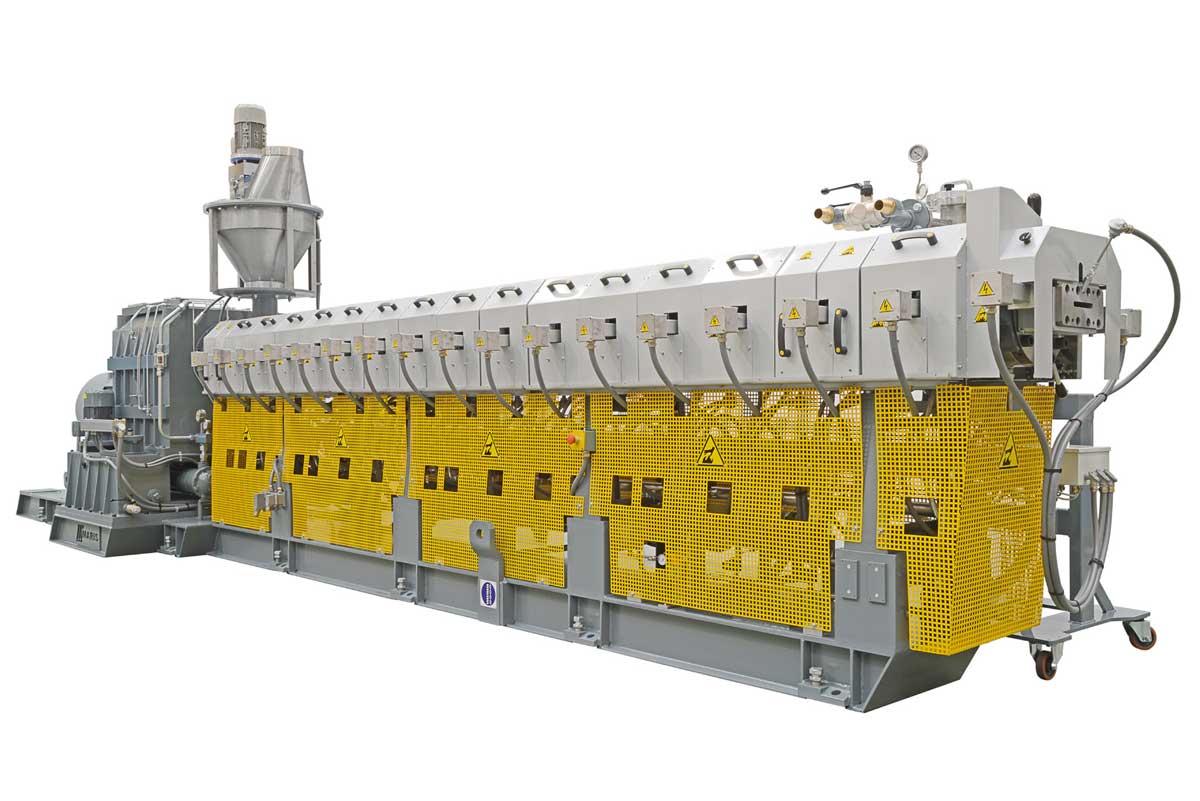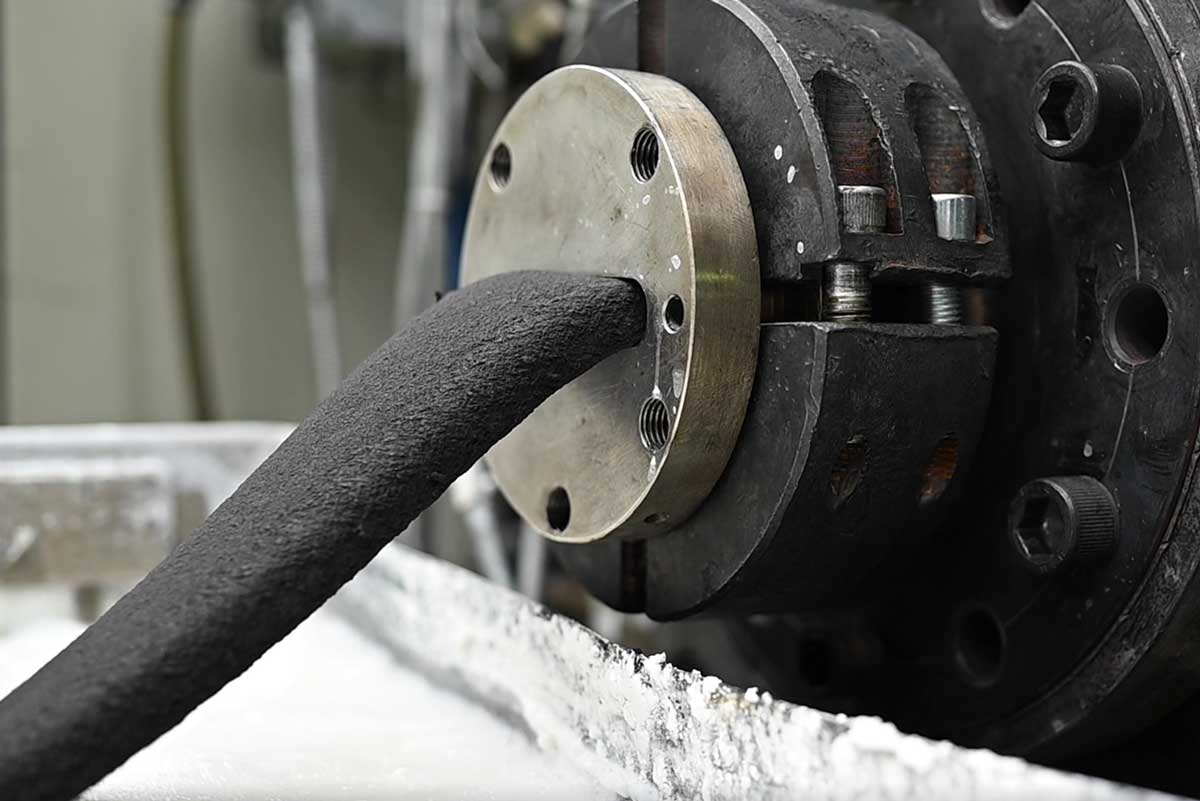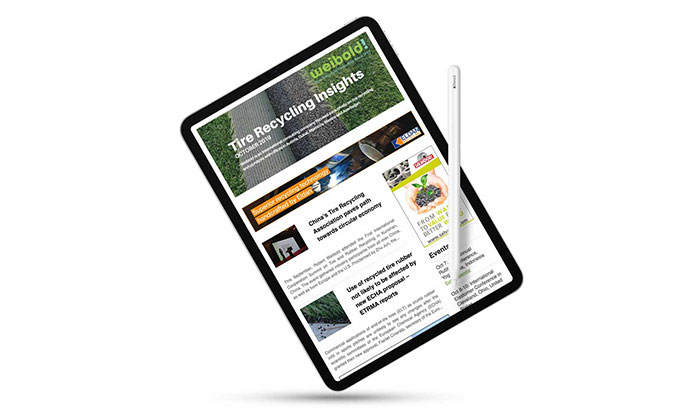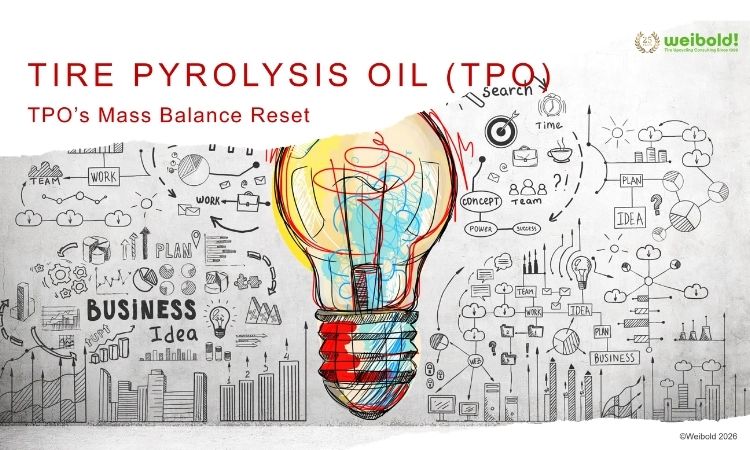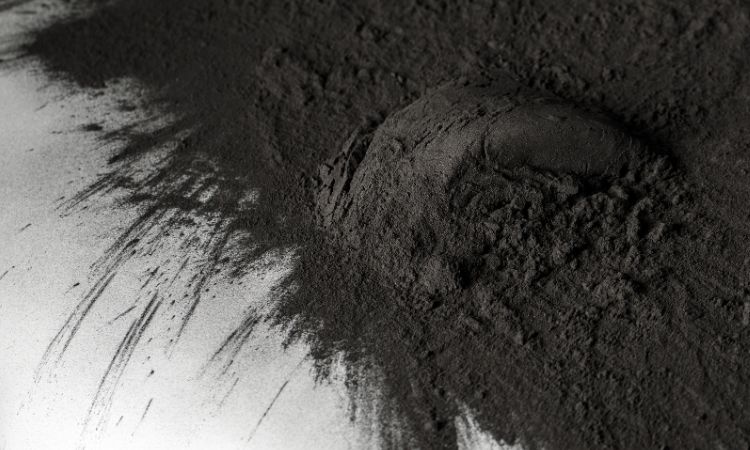Environmental impact of thermo-mechanical devulcanization of end-of-life tires assessed by Maris and University of Turin
Maris Corp. – an Italian innovator in the field of end-of-life tire rubber devulcanization – reports that the use of devulcanized rubber produced with its patented process and mixed with virgin rubber allows reducing the environmental impact of CO2 and the consumption of fossil resources.
Recently, Maris team – Bruno Muscato and Marco Girotto – collaborating with colleagues from the University of Turin published an article on this matter in Science Direct's Journal of Cleaner Production. The article is headlined as “Environmental assessment of rubber recycling through an innovative thermo-mechanical devulcanization process using a co-rotating twin-screw extruder.”
To download and read the article, please proceed to Science Direct.
About Maris
Since it was founded in 1962, MARIS, an Italian manufacturer of co-rotating twin-screw extruders, has claimed one of the leading positions in the research of new state-of-the-art applications for its products.
Rubber extrusion and devulcanization equipment by Maris, Italy. | Photos by Maris Corp.
With the aim of providing its customers with the widest range of choices, every mechanical component of Maris’ extruders are entirely in-house manufactured. Maris positions itself as one of the few companies in the world able to customize its co-rotating twin-screw extruders according to its customers’ specific needs and this is true also when it comes to rubber devulcanization.
Video by Maris Corp.
To learn more about the company and its technology, please read this article and make sure to visit www.mariscorp.com and www.marisevorec.com
Weibold is an international consulting company specializing exclusively in end-of-life tire recycling and pyrolysis. Since 1999, we have helped companies grow and build profitable businesses.




